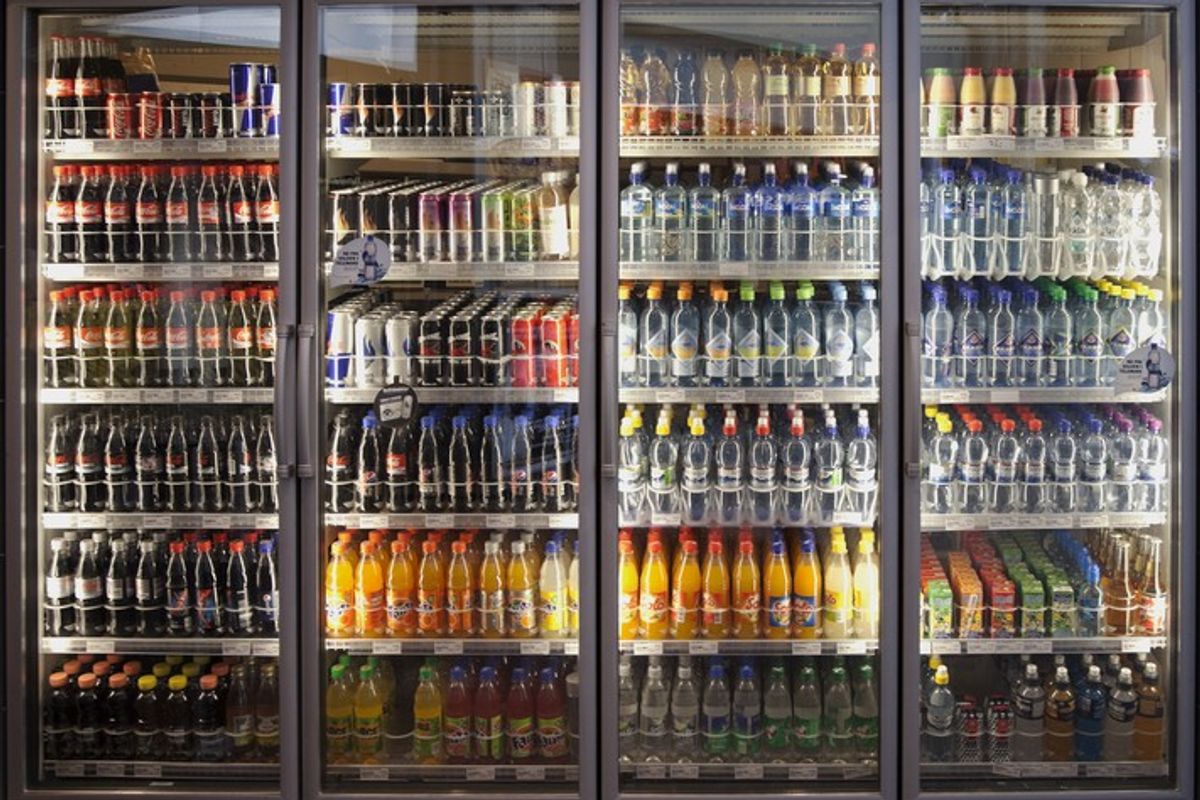Key Summary
- Government unveils 10-Year Health Plan for England
- Junk food and energy drink sales face new curbs.
- Big food firms must report on healthiness of sales.
The UK government has today (July 3) unveiled its ambitious 10-Year Health Plan for England, outlining a range of public health measures that are set to significantly reshape regulations around tobacco, vapes, junk food, energy drinks, and nutritional reporting, moves that will directly affect retailers and suppliers across the grocery and convenience sectors.
Among the expected one is the commitment to deliver on the Tobacco and Vapes Bill, which will implement a “smokefree generation” policy. The plan states that anyone turning 16 this year or younger will "never legally be sold tobacco", marking one of the most stringent tobacco controls globally.
Moving on to vapes and nicotine products, the plan mentions restriction on advertising.
"The number of 11 to 15 year olds who regularly vape has doubled in the last five years, and to crack down on this unacceptable trend, we will also halt the advertising and sponsorship of vapes and other nicotine products," states the plan.
On the obesity front, the government is launching what it calls a “moonshot” to end the obesity epidemic, with several first-of-their-kind measures that will have a direct impact on food and drink retailers.
The government is committed to "restrict junk food advertising targeted at children" and to ban the sale of high-caffeine energy drinks to under 16-year-olds.
The plan also talks about reforming the "soft drinks industry levy to drive reformulation".
In a world-first move, the UK will soon introduce mandatory health food sales reporting for all large companies in the food sector.
"We will use that reporting to set new mandatory targets on the average healthiness of sales." states the government outlining the plan.
To tackle harmful alcohol consumption, the plan talks about introducing new standards for alcohol labelling.
"We will support further growth in the no- and low- alcohol market," states the plan.
These policies signal a sharp tightening of the UK’s public health agenda, with the government promising to balance prevention with innovation in the fight against preventable illness.
While the plan stops short of enforcing blanket alcohol advertising bans that was being considered earlier, it places clear emphasis on using product reformulation, labeling, and sales data transparency to shape the future of public health in the UK.


